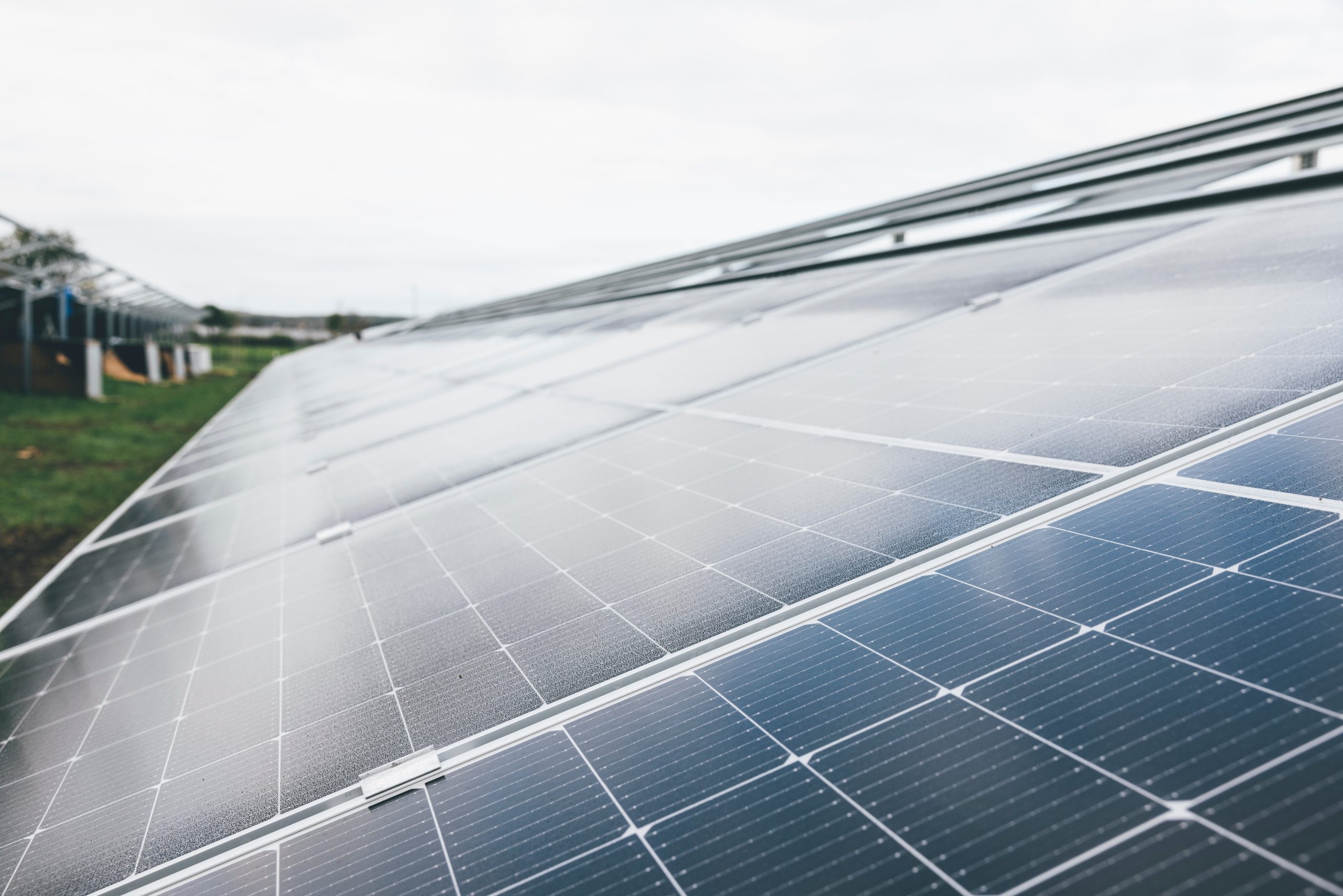Solar energy emerges as one of the most promising clean, renewable sources of power available today. Its adoption significantly contributes to reducing greenhouse gas emissions, which are a major factor in climate change and environmental degradation. By installing solar panels on your property, you can harness the abundant power of the sun’s rays to generate electricity, thereby reducing your dependence on fossil fuels.
The Environmental Impact of Solar Energy
One of the foremost advantages of solar energy is its non-polluting nature. Fossil fuels, such as coal, oil, and natural gas, release a plethora of harmful pollutants into the atmosphere when burned. These pollutants include carbon dioxide (CO2), sulphur dioxide (SO2), nitrogen oxides (NOx), and particulate matter, all of which contribute to air quality deterioration and global warming. In contrast, solar panels generate electricity through the photovoltaic process, which involves converting sunlight into electrical energy without any combustion or emissions. This clean and natural process means that by utilising solar energy, you are actively participating in reducing environmental pollution and improving air quality.
Furthermore, another significant environmental benefit of solar panels is the absence of noise pollution. Traditional power generation methods, particularly those involving machinery and combustion engines, can be quite noisy and disruptive. Solar panels, on the other hand, operate silently, thus contributing to a quieter and more peaceful environment.
Renewability and Sustainability
Another critical advantage of solar energy is its renewable nature. Unlike fossil fuels, which are finite resources with a looming end, the sun is expected to continue shining for billions of years. This infinite availability means that solar power can provide a sustainable solution to our energy needs. By tapping into this renewable resource, we not only reduce our reliance on depleting fossil fuels but also contribute to a long-term strategy for sustainable energy production.
Energy Independence and National Security
In addition to environmental benefits, solar energy also plays a crucial role in enhancing energy independence. Currently, many countries heavily rely on importing oil and other fossil fuels to meet their energy demands. This dependence on foreign oil not only has a significant carbon footprint but also poses a risk to national security and economic stability. By generating electricity from the sun, we can reduce the amount of oil and other fossil fuels we need to import. This reduction in dependency helps improve national security by making us less vulnerable to geopolitical tensions and fluctuations in global energy markets.
Solar Energy as a Personal and Environmental Investment
Investing in solar panels on your property is a powerful step towards environmental stewardship. As a clean, renewable source of power, solar panels can significantly decrease pollution and enhance air quality in your immediate surroundings. The decision to install solar panels also ensures a reliable and sustainable energy source, which can considerably reduce our fossil fuel consumption and cut down on foreign oil imports.
Economic Benefits and Job Creation
Financially, installing solar panels on your property can offer substantial savings on electricity bills. Many homeowners and businesses experience a significant reduction in their monthly energy costs after switching to solar. The long-term return on investment for solar panels is impressive, often paying for itself within a few years and continuing to provide free electricity for decades.
Beyond personal savings, the rise in solar energy adoption has significant economic implications. As more individuals and organisations invest in solar panels, the demand for skilled workers in the clean energy sector increases. This growing demand fosters job creation in various fields, including manufacturing, installation, maintenance, and research and development. The burgeoning clean energy sector not only boosts the economy but also promotes sustainable development, driving us towards a greener future.
Addressing Pressing Environmental Issues
The benefits of solar energy are manifold and intersect with some of the most pressing environmental and economic issues we face today. By reducing greenhouse gas emissions, solar energy helps combat climate change. By improving air quality, it addresses public health concerns linked to pollution. By creating jobs, it supports economic growth and stability. Each solar panel installed represents a step towards a more sustainable, resilient, and equitable world.
Embracing solar energy is more than just a way to save money on your electricity bills; it is a significant contribution to global environmental preservation. The numerous advantages of solar energy, ranging from pollution reduction to energy independence, and job creation, make it an invaluable asset in addressing today’s environmental challenges. Making the switch to solar power is not only a wise financial decision but also a meaningful commitment to a healthier planet. So, if you’re considering how to make a positive impact on the environment, investing in solar panels is an excellent place to start.
